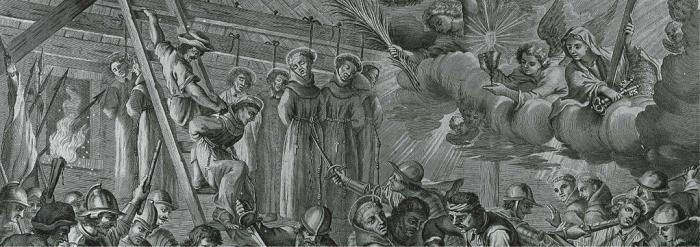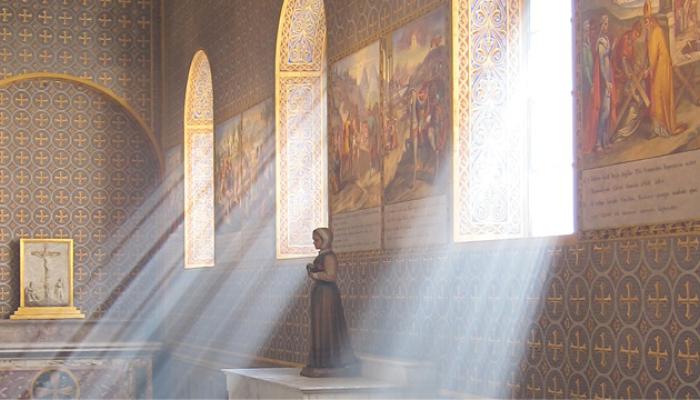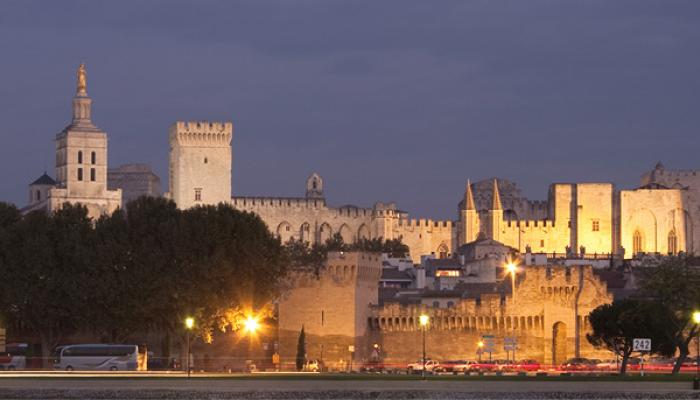
2.38 What were the consequences of the Reformation?
Some rulers saw the Reformation as an opportunity to rise up against the pope and to appoint bishops themselves. In the Netherlands, tensions between Catholics and Calvinists led to war with Spain (1568-1648), and the separation between the Calvinist North and the Catholic South.
In the Scandinavian countries, a Lutheran state church was established. Catholics were persecuted and other beliefs were forbidden by law until well into the nineteenth century. In some other European countries, the local situation for Catholics was also grim.
It was the error of the Reformation period that for the most part we could only see what divided us and we failed to grasp existentially what we have in common in terms of the great deposit of Sacred Scripture and the early Christian creeds. For me, the great ecumenical step forward of recent decades is that we have become aware of all this common ground, that we acknowledge it as we pray and sing together, as we make our joint commitment to the Christian ethos in our dealings with the world, as we bear common witness to the God of Jesus Christ in this world as our inalienable, shared foundation. [Pope Benedict XVI, Address in Erfurt, 23 Sept. 2011]





